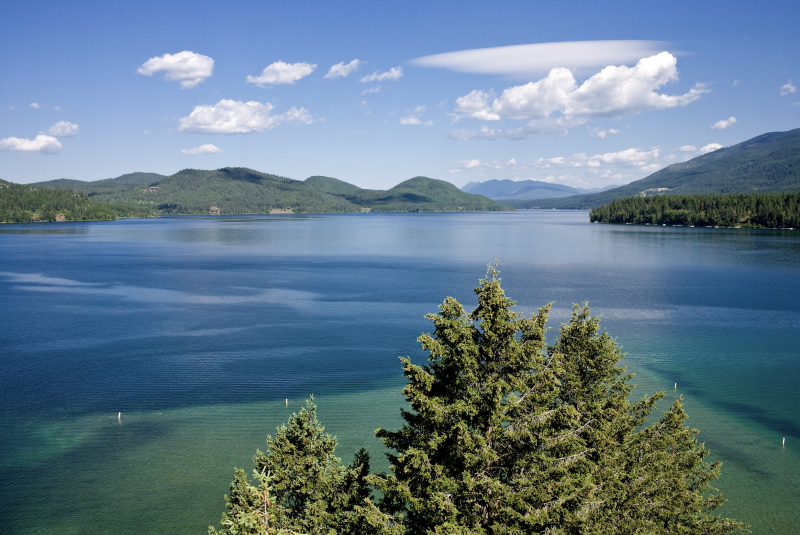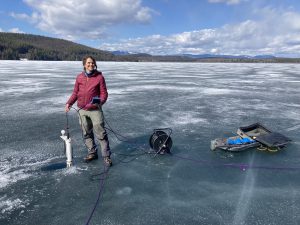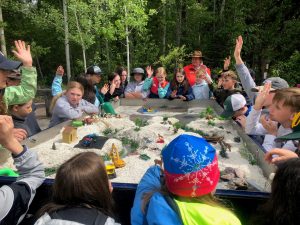
The Whitefish Lake Institute (WLI) is protecting and improving Whitefish Lake, a 7-mile-long glacial lake cherished for its crystal-clear water and serene vistas. Through comprehensive water quality monitoring, scientific research that drives policy change, and environmental education programs, WLI is safeguarding this vital resource. Based in Whitefish, MT – a community dependent entirely on surface water for its water supply – WLI has been confronting significant threats to this precious watershed since 2005. These include septic contamination from aging systems endangering drinking water quality, gasoline constituents from watercraft posing public health risks, and potential aquatic invasive species threatening the ecosystem. Their 2015 watershed assessment identified Whitefish Lake as at a “tipping point,” requiring vigilant protection to prevent water quality deterioration. To ensure vigilance, they partner with citizen scientists, organizations, government agencies, and researchers in NW Montana to protect it.

WLI Program Coordinator Durae Belcer, above, leads a team of volunteers to collect baseline data at two permanent sites on Whitefish Lake and on all of its tributaries. Photo: WLI
Serving the Whitefish Lake Watershed, WLI operates with a dedicated 4-person staff and over 50 volunteers. Their science-first approach has yielded significant victories, and as founder Mike Koopal says, “We let the data do the talking.” Their 2005 study on gasoline constituents prompted an interceptor trench installation at City Beach, and the 2012 septic contamination confirmation led to an ad-hoc city committee to address the issue. A follow-up GIS risk assessment and synthetic DNA testing have further informed the issue. They’ve established watercraft inspection stations to prevent invasive species and contributed to the 2018 City Climate Action Plan. Their educational initiatives reach 600-700 fifth graders annually through their Living Wetlands Interpretive Nature Trail, while partnerships with local schools through FREEFLOW and the Storm Drain Art Project engage students in water science. In 2025, they launched online data dashboards showing real-time water quality, maps, and graphs for all 41 area lakes. Their motto, “You drink it, we protect it,” is evident in every action they take.

WLI hosts annual elementary school classes at their Living Wetlands Interpretive Nature Trail in the Averill’s Viking Creek Wetland Preserve. WLI owns and manages the property for water quality, wildlife value, public awareness, and enjoyment. Photo: WLI